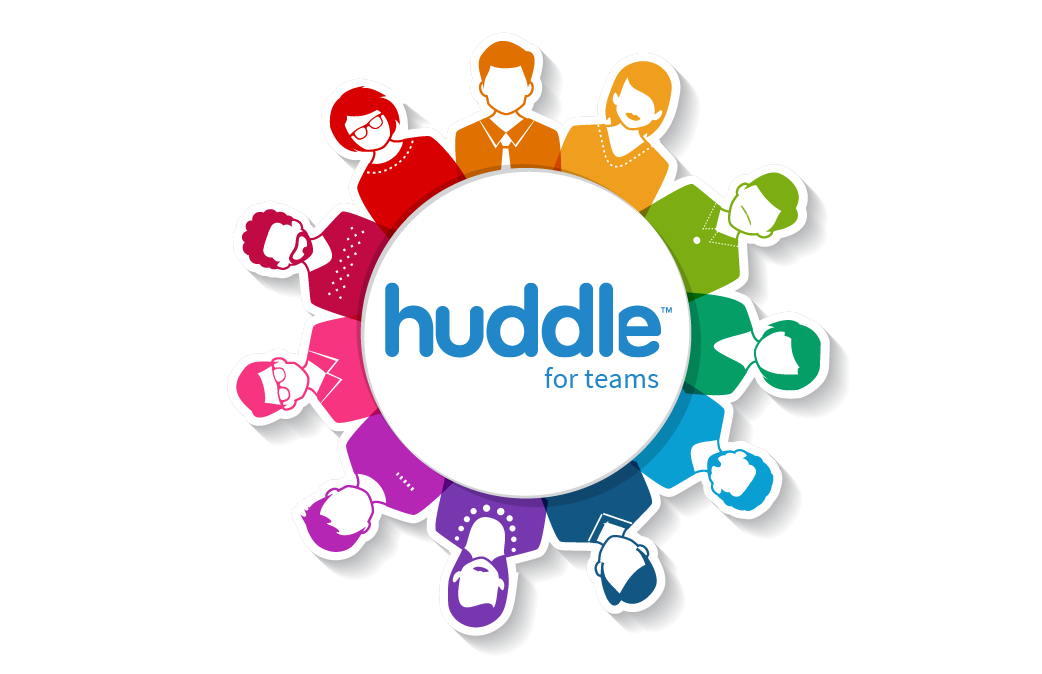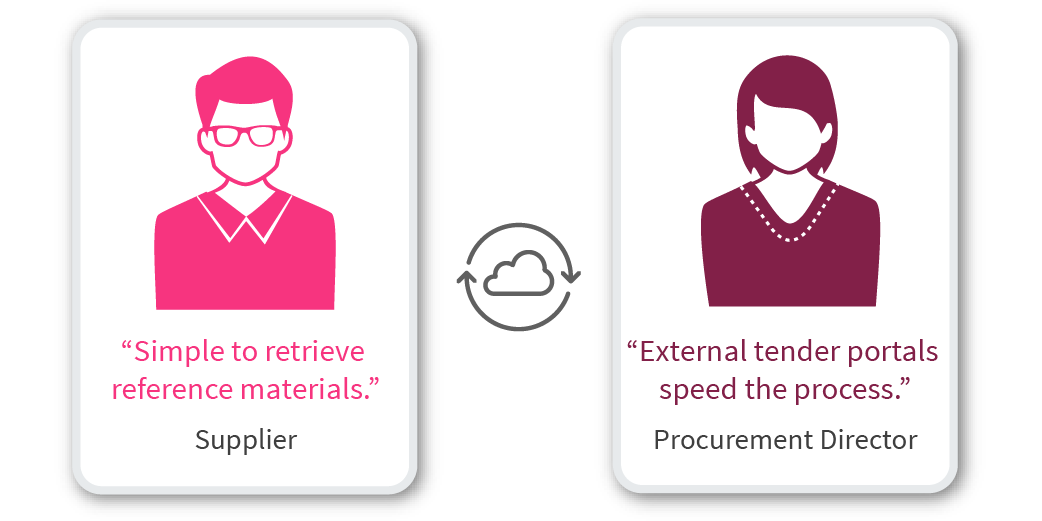 IT and Operations workers are many things, but bored isn’t one of them. According to a survey from IT community site Spiceworks, the average IT pro logs 52 hours per workweek. From scoping projects and managing bids, managing suppliers and coordinating internally, your IT and Operations teams have to deal with a lot of moving parts.
IT and Operations workers are many things, but bored isn’t one of them. According to a survey from IT community site Spiceworks, the average IT pro logs 52 hours per workweek. From scoping projects and managing bids, managing suppliers and coordinating internally, your IT and Operations teams have to deal with a lot of moving parts.
With workloads high, the last thing your team needs is more obstacles—yet many still find themselves battling with duplicated tasks, inefficient resources and incomplete information.
Data siloes can be both frustrating and seriously detrimental to IT operations, hurting both the business and team’s general sanity. Individuals and teams find themselves jumping between data repositories, IM clients, email and project management tools to find, and piece together the information they need.
Yet many companies persist, perceiving these problems to be unavoidable inconveniences. The truth is that knowldge siloes are actually very avoidable, and the issues that they raise are more than mere inconveniences.
Deploying a solution such as Huddle, allows your organization to create a single, universal collaboration platform that hosts business critical knowldge, resources and ongoing projects. Employees can access and edit these materials from anywhere, enabling an open flow of information and a more transparent workplace.
To understand the true value of a well organized, universally accessible collaboration platform, IT and Operations teams must first recognize the dangers:
 1. Limited access to information leads to faulty decision-making. When prioritizing tasks or creating a strategy, IT and Operations personnel need to have insight into everything that’s actually going on. Otherwise, managers might over-budget, important tasks might go unnoticed until they become urgent, and smaller items might slip through the cracks. If bids aren’t well-managed, a mismanaged knowledge center can lead to company-wide delays and misalignment between departments.
1. Limited access to information leads to faulty decision-making. When prioritizing tasks or creating a strategy, IT and Operations personnel need to have insight into everything that’s actually going on. Otherwise, managers might over-budget, important tasks might go unnoticed until they become urgent, and smaller items might slip through the cracks. If bids aren’t well-managed, a mismanaged knowledge center can lead to company-wide delays and misalignment between departments.
2. Fewer resources make for more (duplicated) work. IT and Operations people start, at baseline, with a lot on their plates, so duplicating work is especially senseless. Yet that’s exactly what happens day in, day out. Multiple employees can end up doing the same research or solving the same problems. When teams can share their work, it ensures that accidental repeats don’t happen and also documents work for reference in the future.
3. Broken flow means less efficiency. Having to hunt for scattered information is not a productive use of time, and neither is playing email tag. Gartner estimated a worldwide IT spend of $2.69 trillion in 2015, and a Computer Economics study found that number to be rising. Even a few hours of wasted time is expensive for a business. More importantly, doing extra and repetitive work takes a major hit on morale. When inefficiency forces longer hours and more legwork for employees, it wears down their workplace happiness quickly.
One company, Keolis—one of Europe’s leading transport operators—made the decision to migrate to Huddle after becoming frustrated with inefficiencies as the company grew internationally. Growth for IT often means participating in many competitive tender processes--which also requires collaboration. Keolis teams were working on projects for new tenders from across borders, which was inefficient enough to become a major barrier to success. Moving to a single, consolidated cloud solution meant plans could be signed off sooner and IT could get moving more quickly.
4. Inconsistent data residency might make for inconsistent data security. Information is only as safe as the place where it is stored. If it’s kept in a physical location, it’s vulnerable to any risks associated with that place. For example, when the Keolis team changed offices, the company was concerned about security of the new office (and the documents within it) after the transition, but had limited options for additional protection. (The company used Huddle to maintain security during the transition). If data is stored in different locations, some may end up safe while other information is more at risk. It also heightens the chances of running into regulatory issues if the business is operating over borders. A single repository means that there can be universal security standards, and complete ensured compliance.
 5. Siloed information can be lost. Information is valuable, and companies go to great lengths to gather and store it. But when data is kept in multiple places and overseen by individual stakeholders, it runs the risk of being lost forever. If, for example, an employee with ownership over data leaves a company, that information might not ever be recovered. Restricted access to data is frustrating, but lost data can be a downright liability.
5. Siloed information can be lost. Information is valuable, and companies go to great lengths to gather and store it. But when data is kept in multiple places and overseen by individual stakeholders, it runs the risk of being lost forever. If, for example, an employee with ownership over data leaves a company, that information might not ever be recovered. Restricted access to data is frustrating, but lost data can be a downright liability.
Between working on bids, managing suppliers and coordinating internally, teams have to deal with a lot of moving parts. Having to track down data manually on top of all that just doesn’t make sense. To prevent data siloes and learn more about streamlining IT operations, check out Huddle for Teams: IT & Ops.
Ready to try Huddle for yourself?
